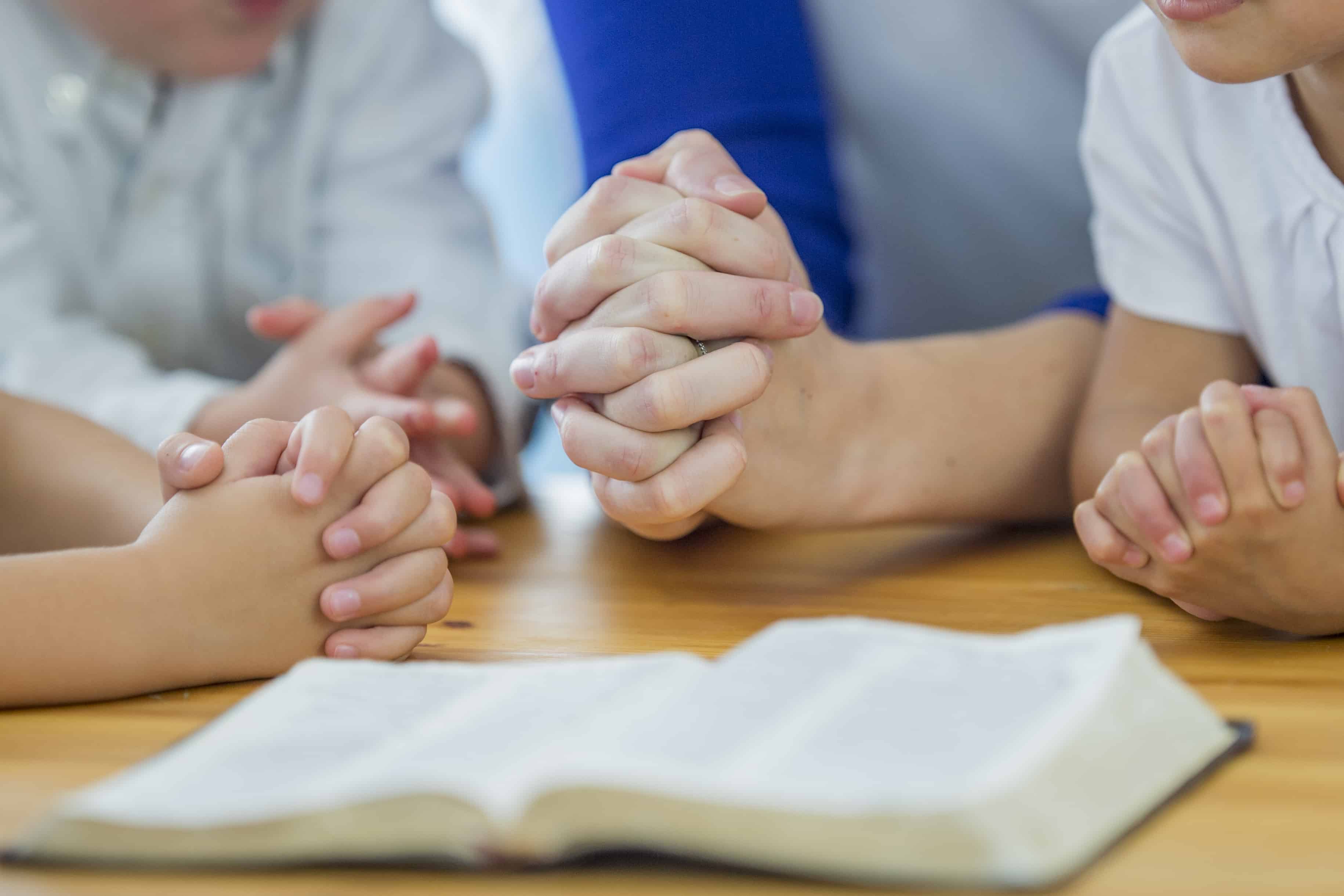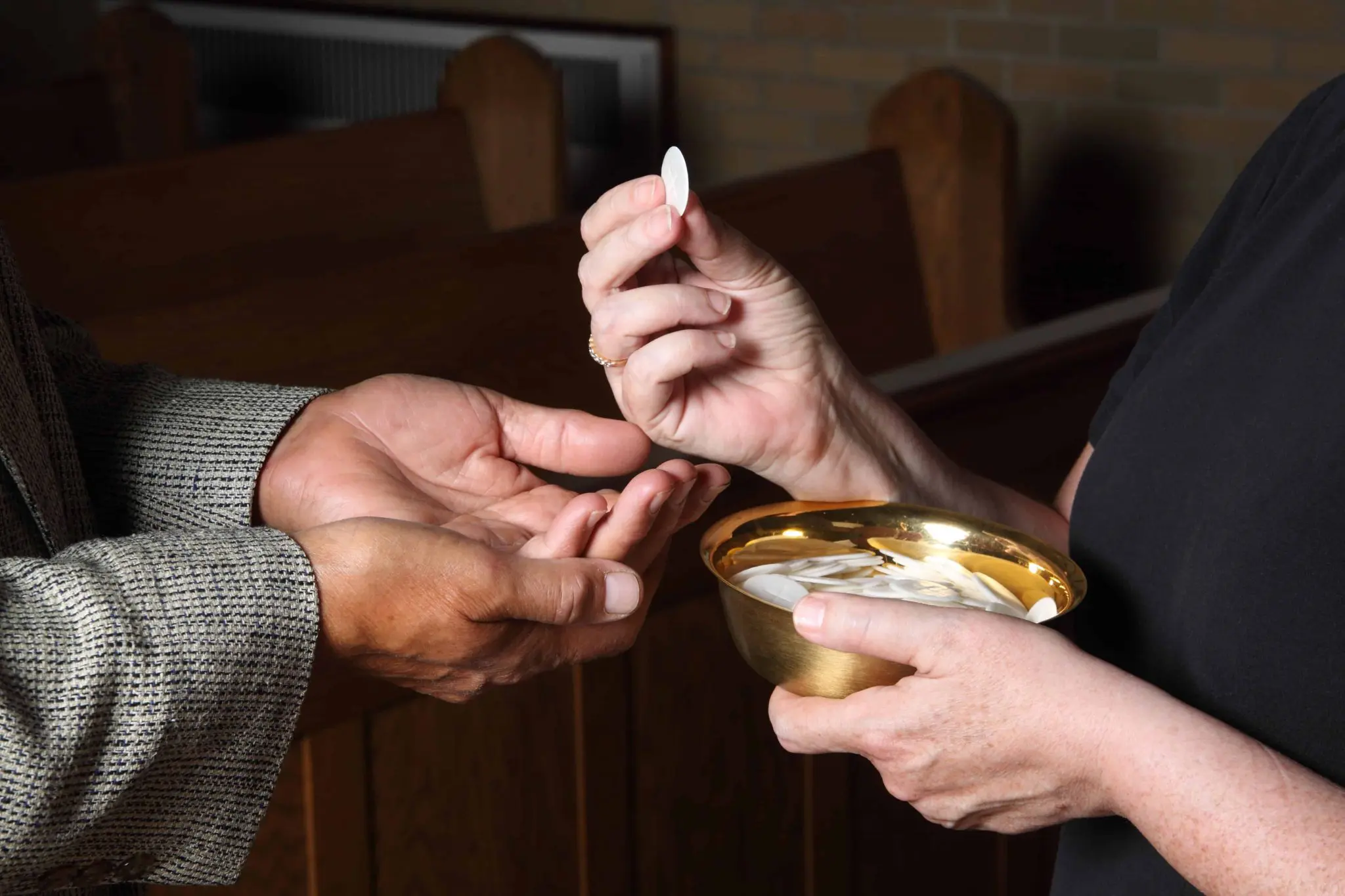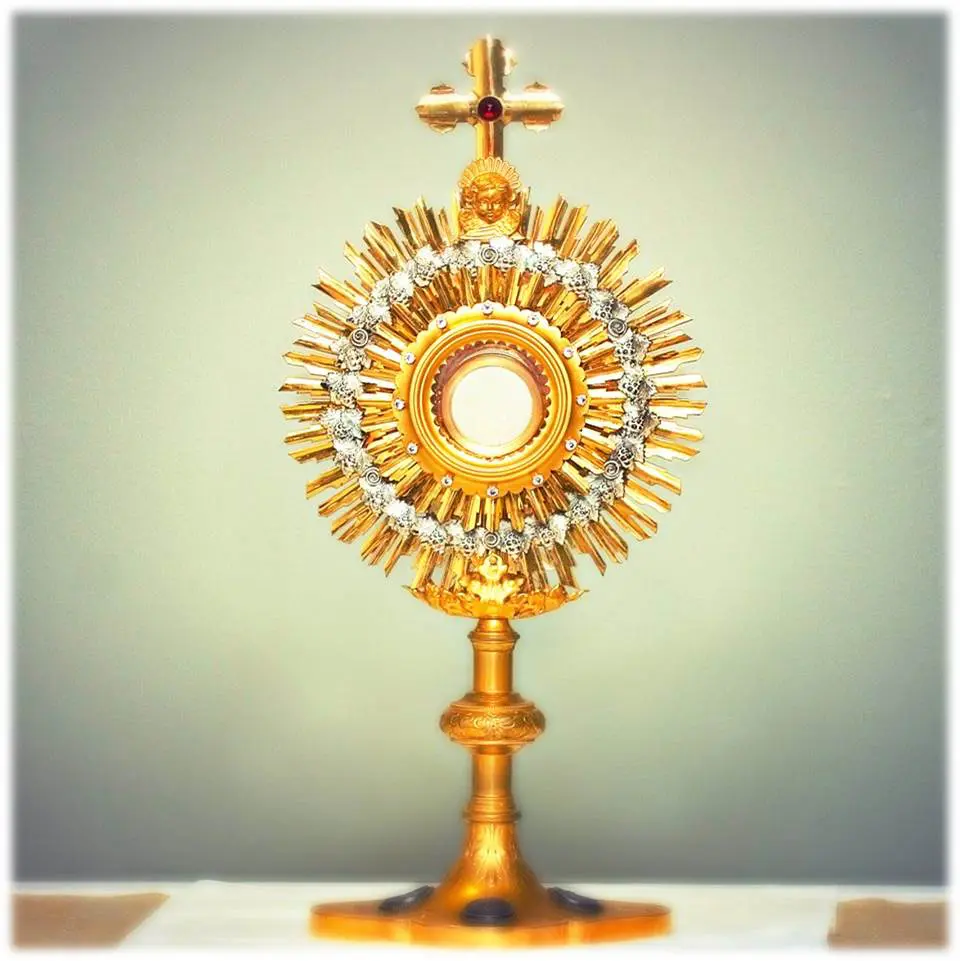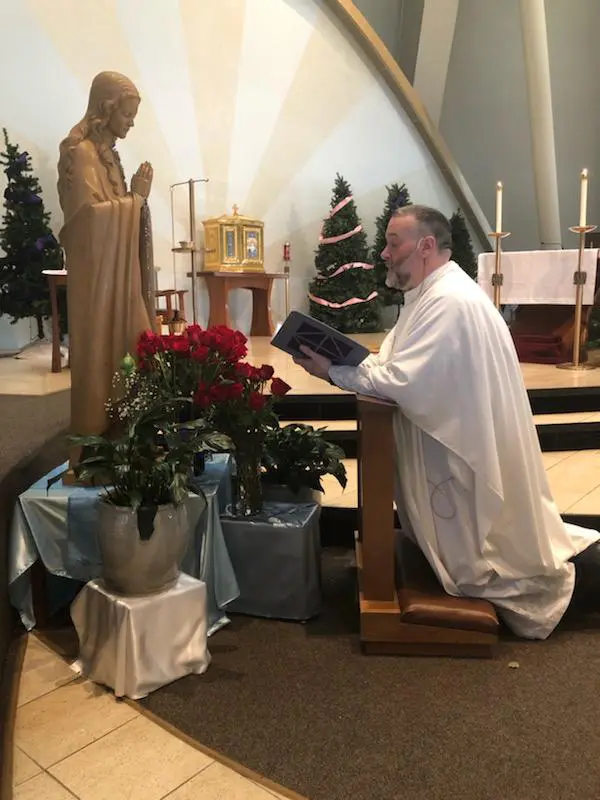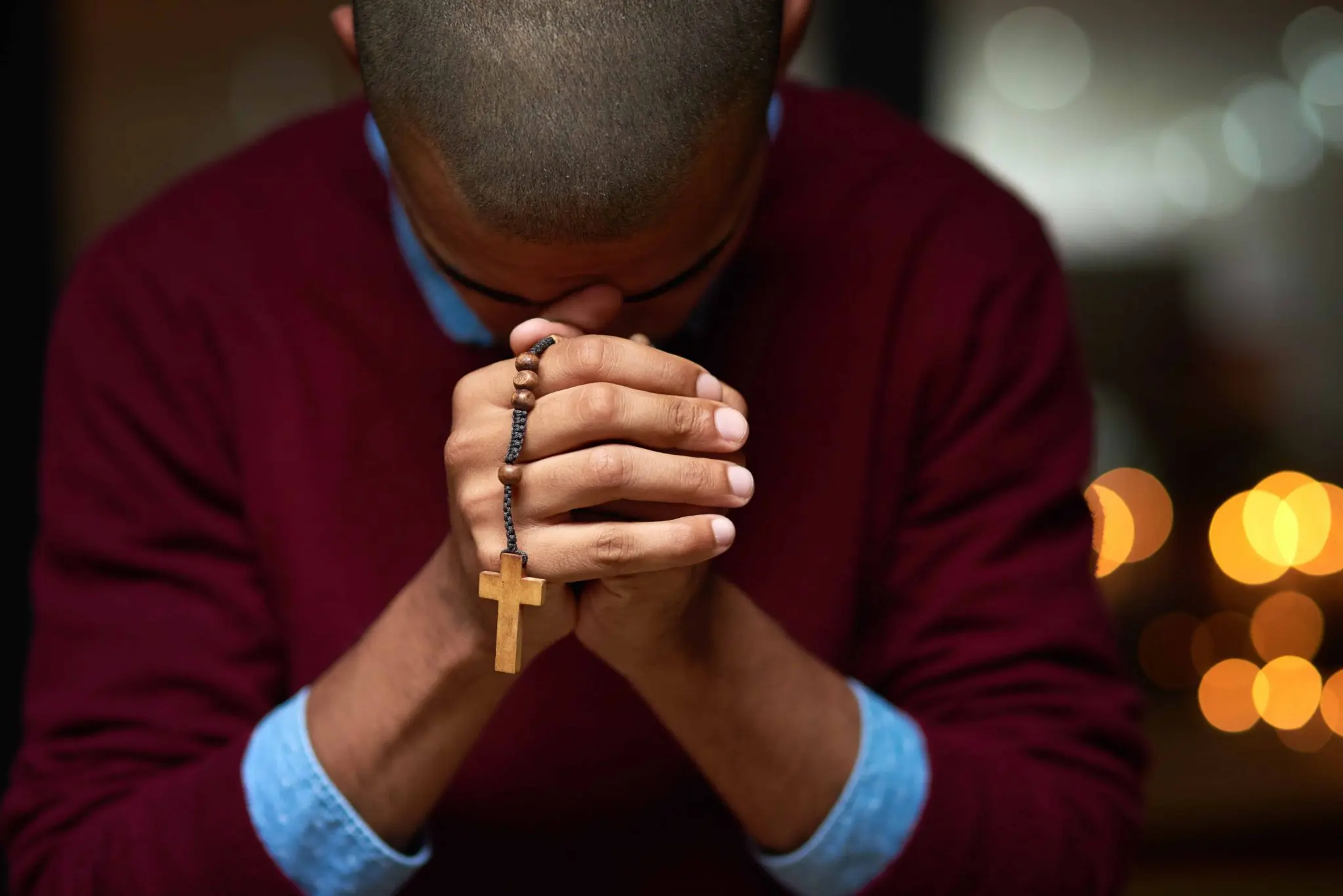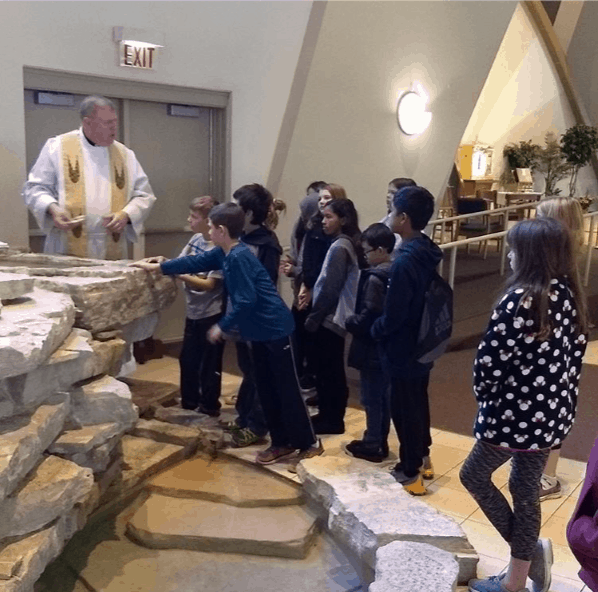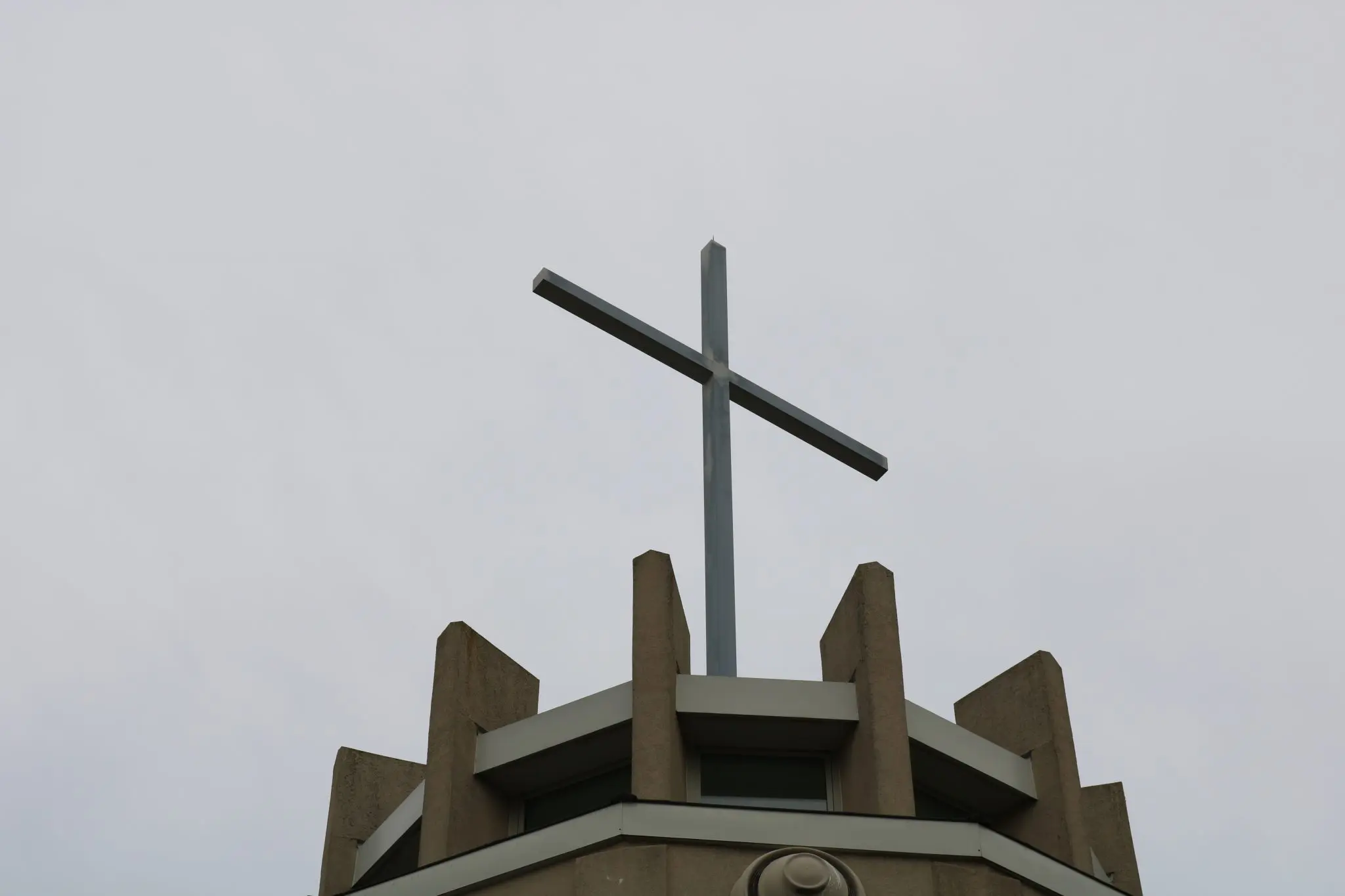A twentysomething Catholic sits in the pews at St. Mary Immaculate week after week. Have you noticed them? They are typically inconspicuous, unassuming, and keep to themselves. They sit alone, often surrounded by empty pew space on all sides. The single twentysomething Catholic is a rare breed.
I would say more has been written about this generation leaving the Church than almost anything else in the Church outside of the abuse scandals, and rightfully so. However, I’m told the number of twentysomething Catholics is low, and we need to get them back! The problem is low attendance. Right?
What’s the Problem
While there is a problem with low Mass attendance from the twentysomethings, Mass-goers and Catholics need to focus on what we can control. Namely, how we interact with the current twentysomethings who attend Mass, and how current young adults experience the parish life. There are many articles out there about why young adults have left the Church in droves, and the countless cultural problems that come into play. But we have twentysomethings sitting in our pews! The twentysomething in your parish is the person Jesus wants us to encounter. While a problem is the lack of numbers, the real problem is the isolation twentysomethings experience from the rest of the parish.
Isolation at Mass
This isolation manifests itself very directly in how a twentysomething experiences the parish on Sundays. Now, Mass is about encountering Jesus in the Eucharist, and that should be the reason for attending. However, everyone sits in a church full of people who are told to spread the Gospel to each other. Twentysomethings usually sit alone, but they encounter less than a dozen people on a typical Sunday. Two people may hand you a songsheet, three to six people shake your hand at the sign of peace, and you shake the priest’s hand on the way out.
How are handshakes and mumbling “Peace,” a genuine encounter? This isn’t a comment on being welcoming, either. You could have the most welcoming parish in the world, and still only interact with less than a dozen people. As you encounter Christ in the Eucharist and are told, “Go and announce the Gospel of the Lord,” do we start with the strangers we’re sitting next to?
What Do We Do?
Well, start with the people sitting next to you! Unless they are intensely praying, strike up a conversation on the way out of church. Introduce yourself! The studies show over and over twentysomethings are looking for authentic friendships, but both sides don’t make the effort. Building friendships with people in your parish is hard, but everyone needs friends, especially friends who are on the same spiritual journey.
If you’re a twentysomething who has agreed with something in this post, you must make an effort too. What bothers me more than anything is people who refuse to engage in small talk, because they aren’t comfortable with small talk, claim to be too introverted to carry on conversations, or want authentic relationships but don’t want to put in the work to build them. To you twentysomethings who have used these excuses…stop it! You will never encounter Christ in someone else with these excuses.
But, if you see a twentysomething, reach out, and try to make a friend! Even if you are in different states of life, try to make a friend. You shouldn’t travel the Catholic path alone. Iron sharpens iron and we need good Catholic relationships for us to continue to grow and motivate us to grow our relationships with Christ. And if you’re older and see a twentysomething in Mass, remember you are looking at an endangered species. Be a friend, and encounter Christ in the Catholic twentysomething.
